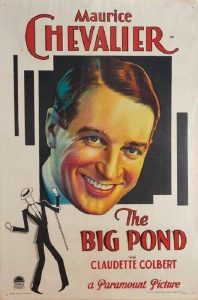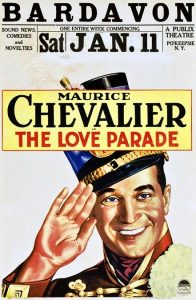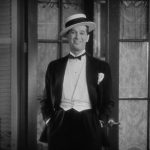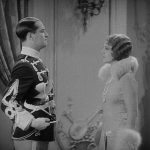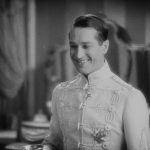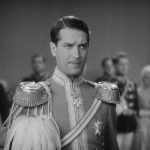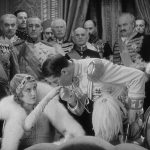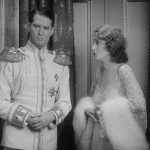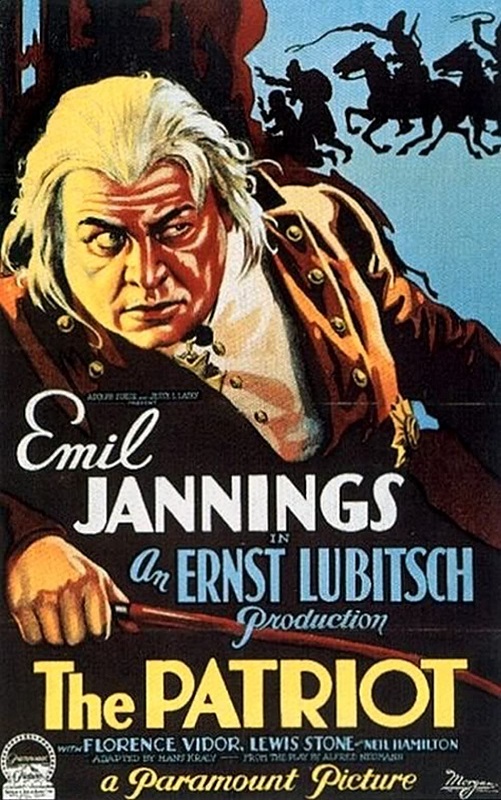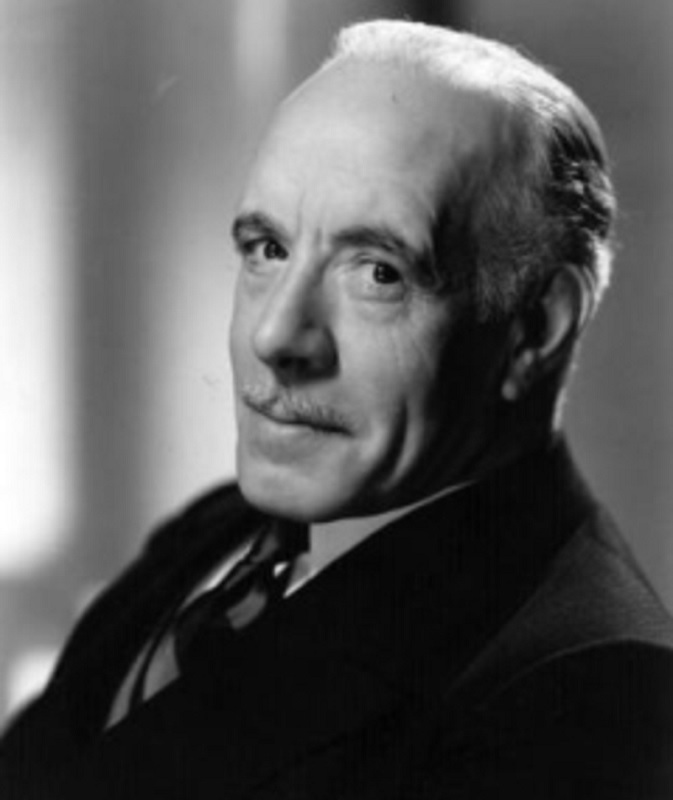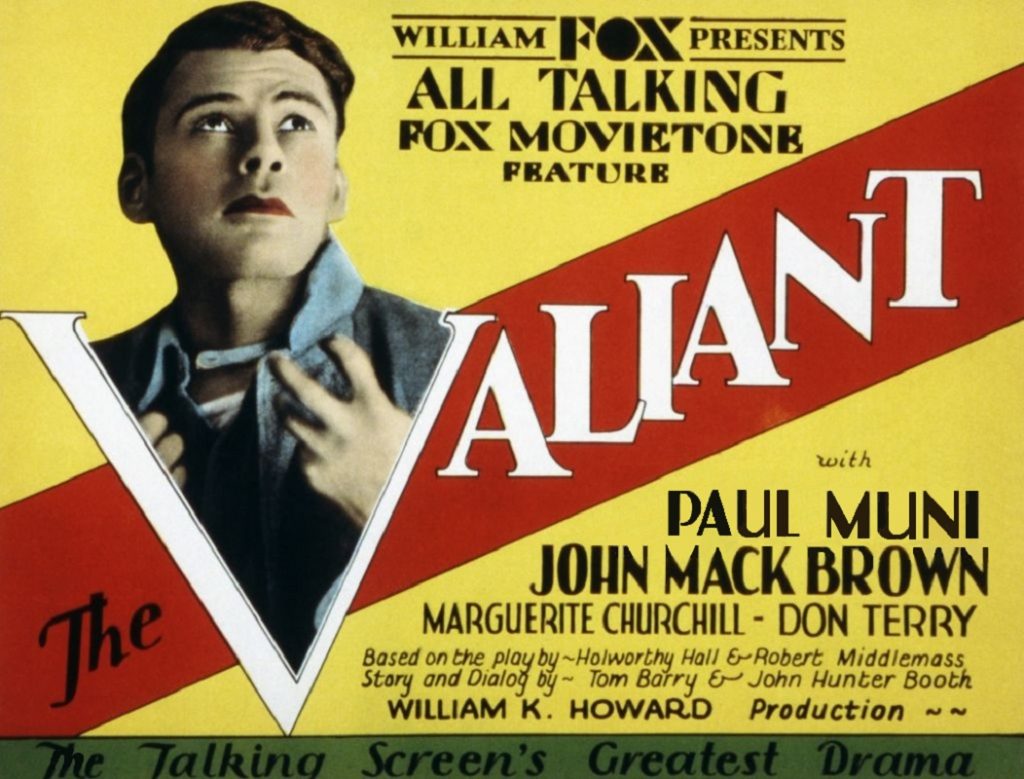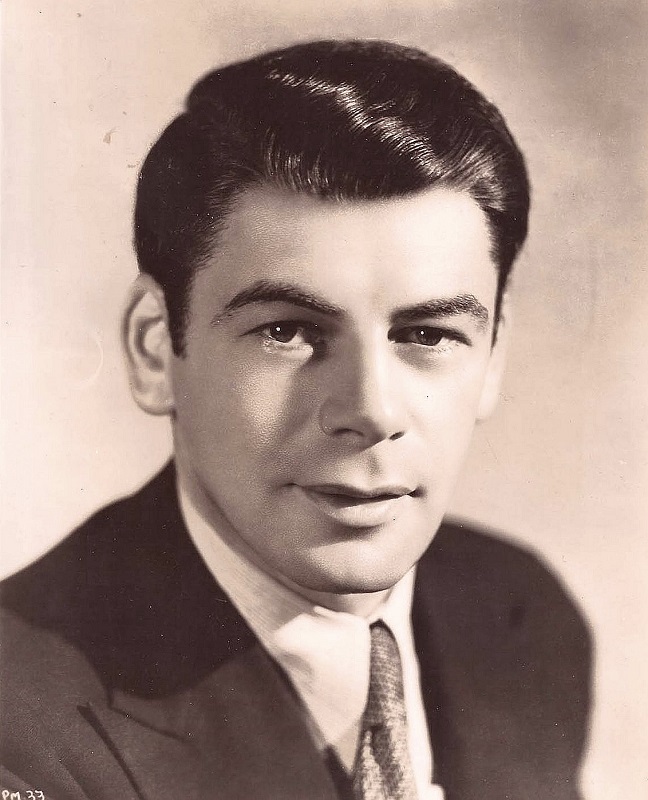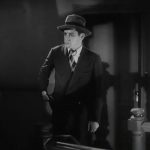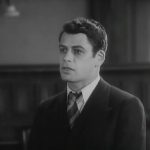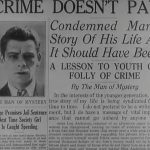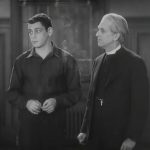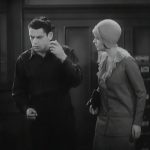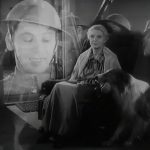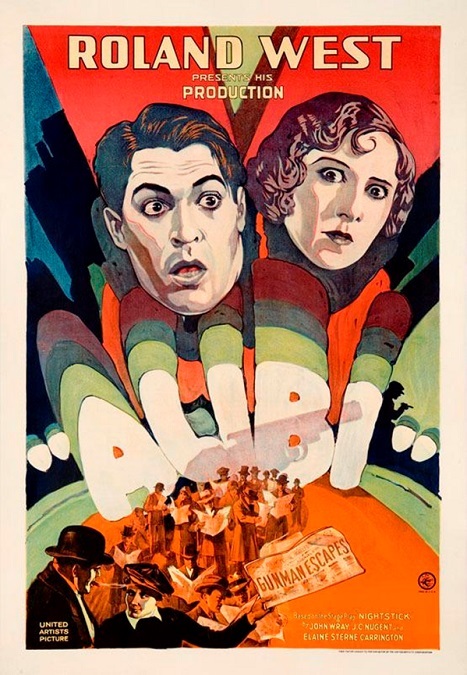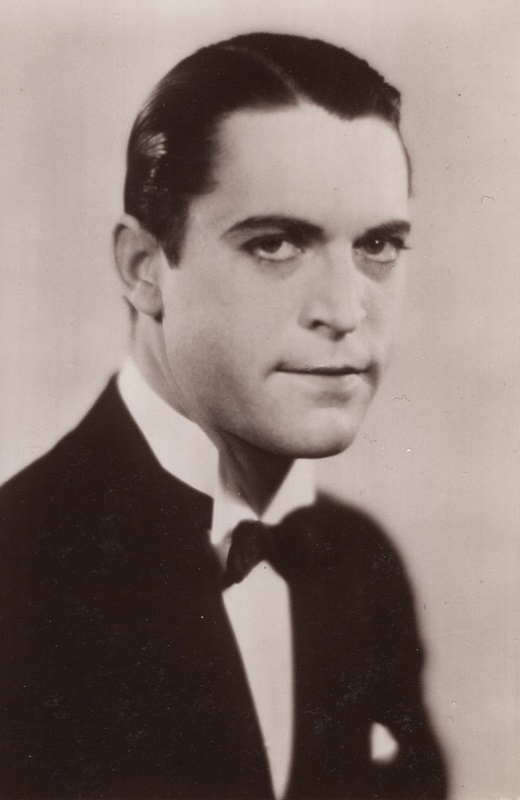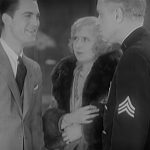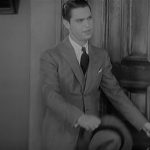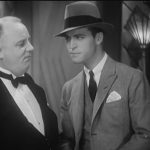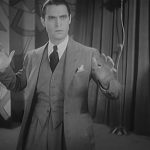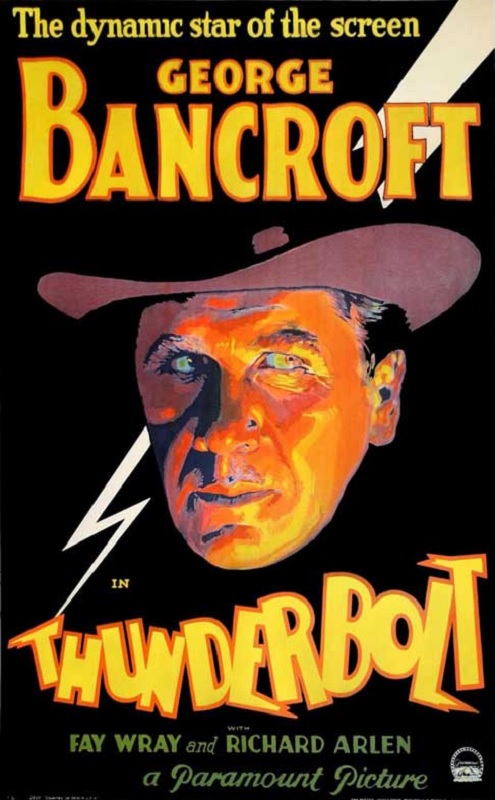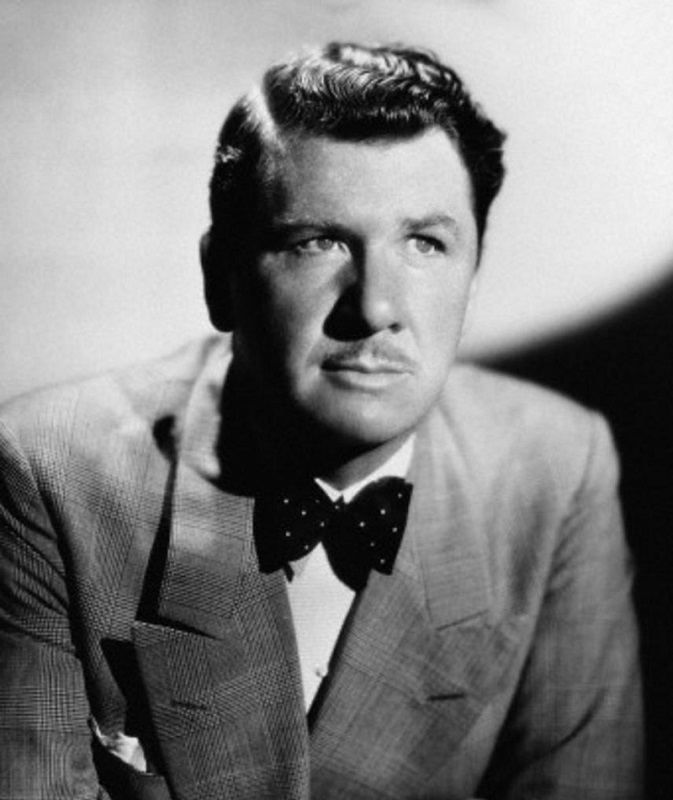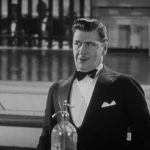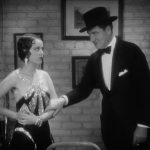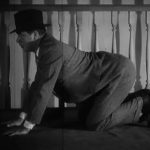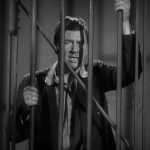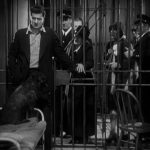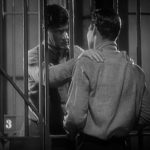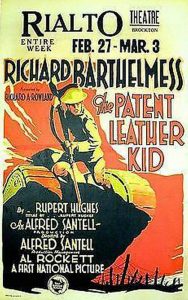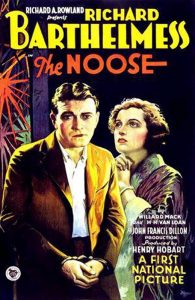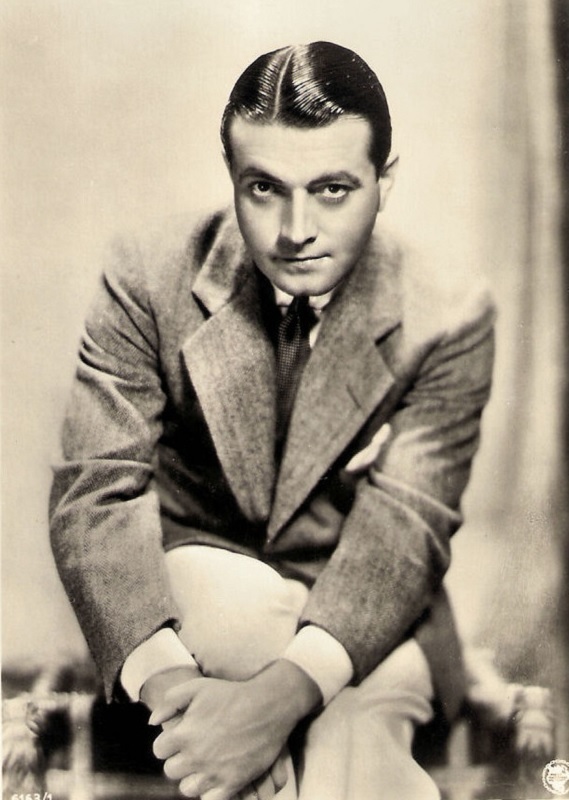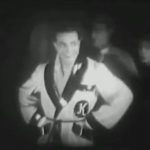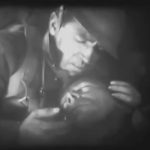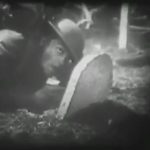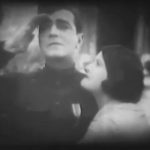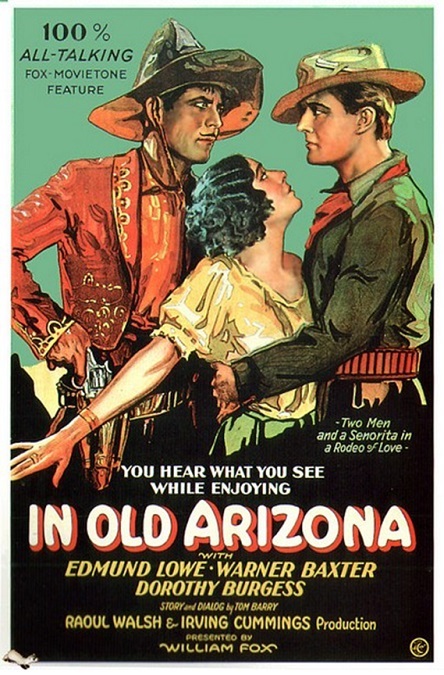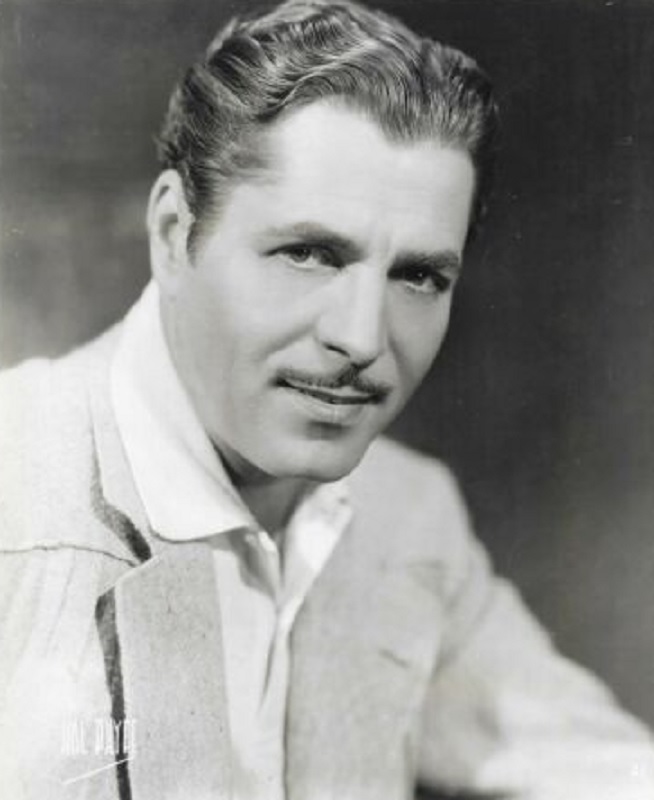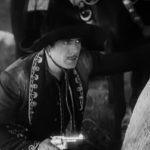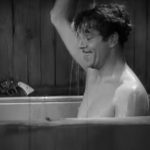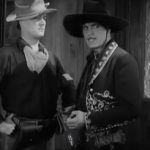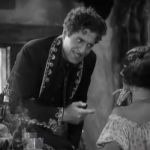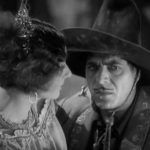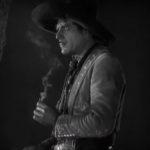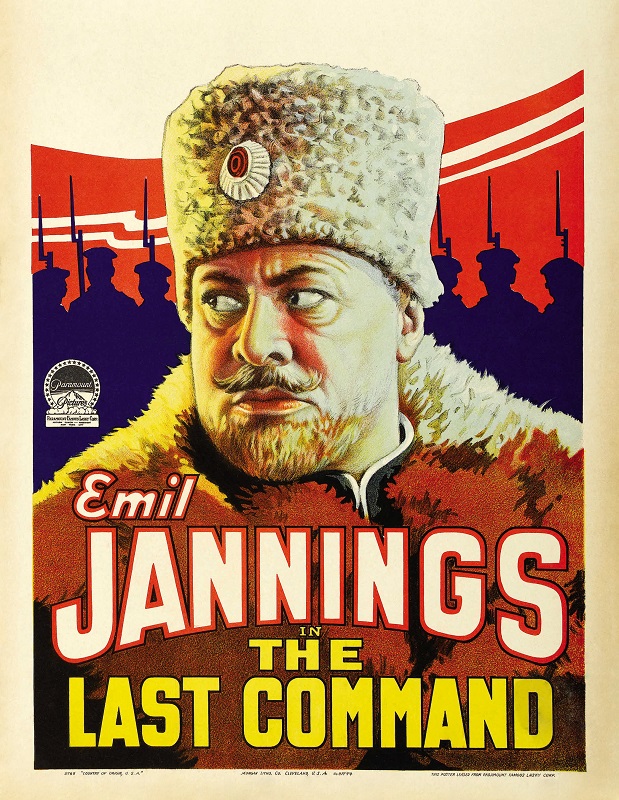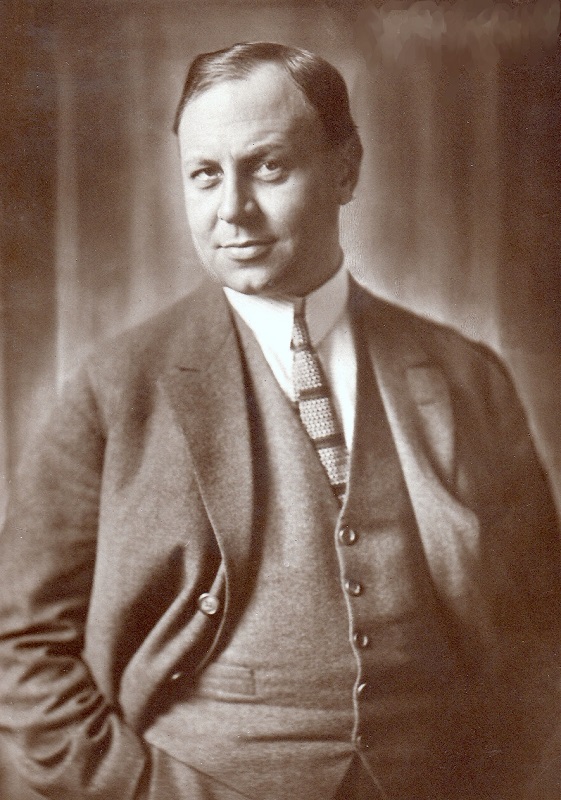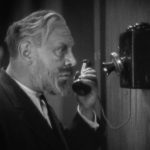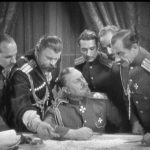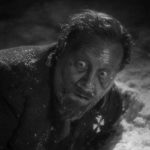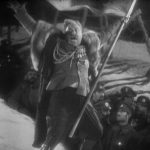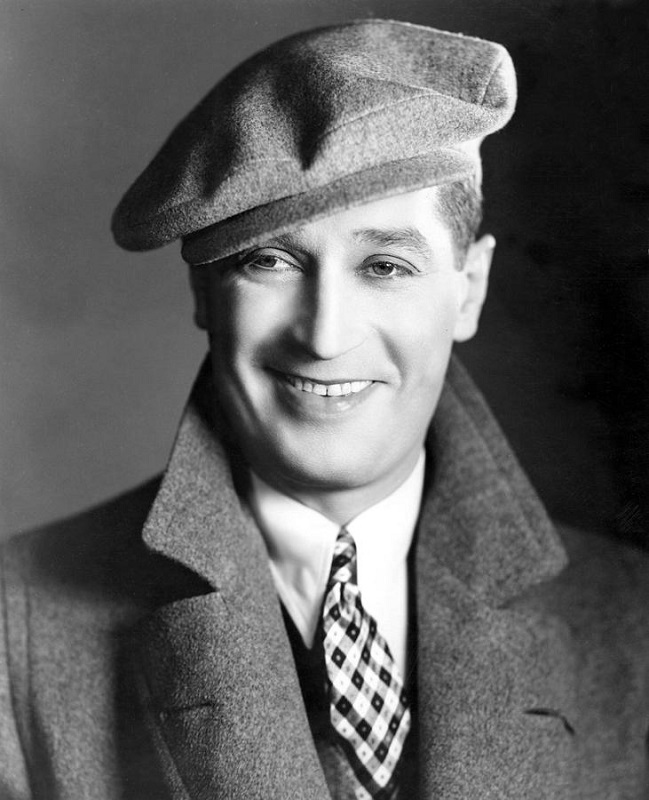

1929-30 – Maurice Chevalier
The Big Pond / The Love Parade
I need to say, right off the bat, that I was not able to find a copy of The Big Pond to watch, but I was able to watch The Love Parade. But if his performance in The Big Pond was anything like any of his other film performances, and really, weren’t they all pretty much the same, I think I can safely say, I was really unimpressed, at least in the capacity of a Best Actor nominee.
And why? Because he was charming. But that was Chevalier’s problem, and, if truth be told, the reason for his success as an actor. He was incredibly charming. His manners were affable, his smile was disarming, and the character he played was pleasant and likeable. Granted, I have only seen a few of his films, but he played the exact same character in the same kind of role every time. Seriously. Consider his performances in 1931’s The Smiling Lieutenant, 1958’s Gigi, and 1961’s Fanny. He played the womanizing yet loveable playboy in each film. All the men liked him, and all the women loved him because, well… he was charming.
Unfortunately that was all. I didn’t think his acting was anything special. After all, he had only three facial expressions throughout the entire film. There was the affable smile, the roguish smile, and the practiced smile, though they were really all the same smile. Then there was his annoyed face where he knotted his brow a little. And there was his angry face, which was pretty much the same as his annoyed face with the corners of his mouth turned down. His singing, because this was a musical, was mediocre at best, and he didn’t dance. His heavy French accent was pleasant to listen to, but it didn’t improve the caliber of his acting.
And I don’t think the role, itself, was worthy of a Best Actor nomination. This was a romantic comedy that was so light hearted that the drama was almost nonexistent. Not much was demanded of the actor. The story was a fun role reversal, where the woman was the one with the power, and the man was a mere trophy husband. Had it been a dramatic film, there might have been some serious complexity. But if the issue of gender inequality was ever addressed, it was done so in a frivolous way, making it more of a throw-away gimmick, rather than of a real source of drama.
